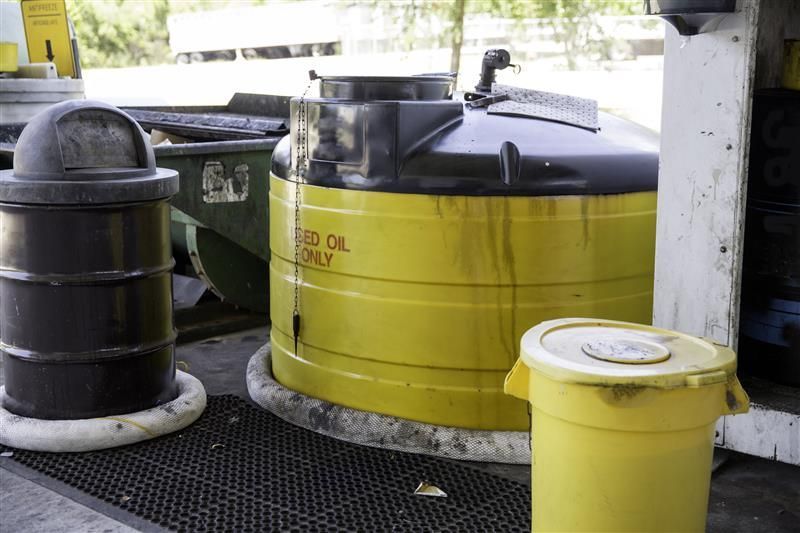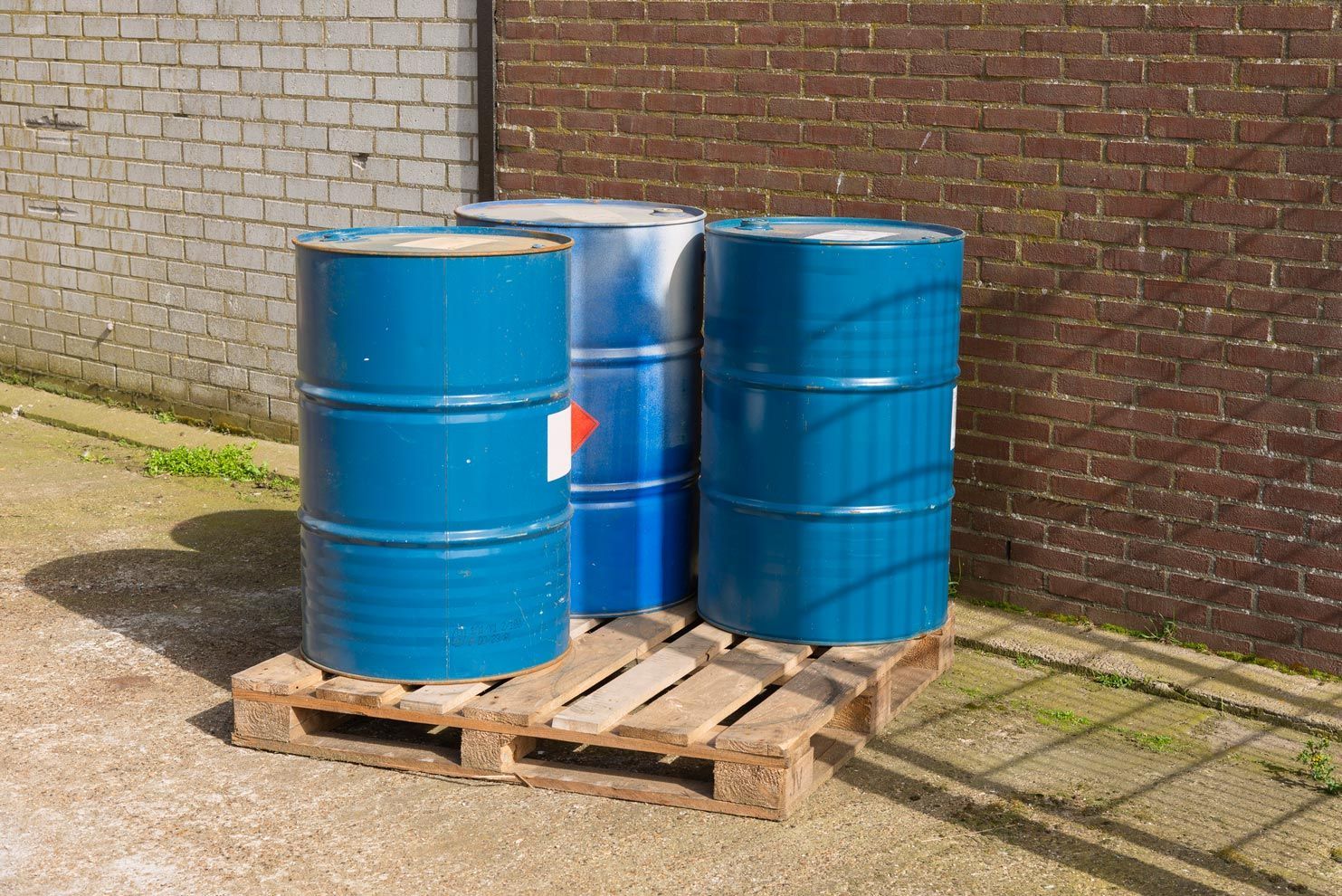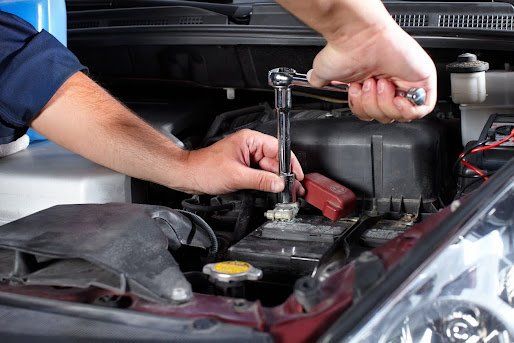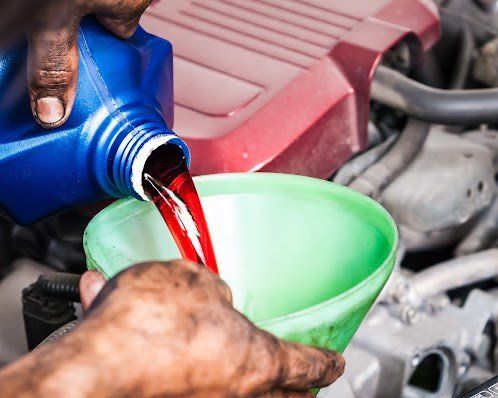Blog Layout
How and Why to Recycle Used Oil Filters
January 2, 2020

Once businesses set up their recycling programs, it becomes easier to find more items to include. A natural progression for companies involved in used oil recycling is to wonder why they do not recycle their filters. Recycling used oil filters is possible and can keep many reusable materials from going to a landfill.
Why it Matters
Used motor oil and steel are both reusable materials that can help to save natural resources when recycled. Each year, American consumers buy oil filters that contain an enormous amount of recyclable steel. Recycling one ton of steel saves about 4 cubic yards of space in a landfill, 1.8 barrels of oil and 10.9 BTUs of energy.
Used oil filters hold a lot more used oil than people may realize. Even after draining (a requirement before disposal because of EPA standards) the filter can still have 10 ounces of oil inside the canister. Used oil may leak out of the filters after they are tossed into garbage bags and could enter the soil at landfills.
How to Recycle
Companies that want to recycle their oil filter cans should begin with draining. Draining the oil prevents spills from taking place and helps recycling companies sort and haul the waste. The easiest way to drain oil filters is to puncture the dome end of the can and allow it to sit upside down in a funnel that drains into a recycling can or barrel.
Hot draining is the removal of the filter from the vehicle while it is still hot and immediately draining the oil. Since the heated oil could cause burns, only people with mechanical experience and proper safety equipment should attempt to hot drain filters.
Whether to Crush
Some recyclers prefer to crush their oil filters after they drain the oil. It takes less space to store crushed filters, and the crushing process can push out more of the waste oil still inside the filter. The removal of the oil also helps the filters to weigh less. Not every company that accepts used oil filters wants the casing crushed. Talk to the service first before buying a filter crusher.
The concern with crushed filters is that the crushing process cannot remove all the oil inside the filter. Also left inside the casing is the paper filter. Some recycling facilities do not want to recycle these mixed products due to the risks of material contamination, pollution issues from any oil that may leak from the cans, and the possibility of a recycling facility fire.
An option is to cut off the end of the steel casing and remove the paper filter. Press to remove the oil trapped in the material and dispose of the paper. Allow the open can to drain and then crush the steel. If this process seems too complex, talk to the collection service to learn about other options.
Paper-only oil filters may also have value for recycling because of the oil trapped in the paper fibers. Store these filters separately from the steel canister filters. Paper filters need careful storage to prevent the oil they have absorbed from draining where it may taint the soil or water. Ask your collection services if they also accept these filters for recycling.
Repair facilities, auto dealerships, and anyone that maintains a fleet will consistently need to decide what to do with their used oil and oil filters. Recycling is an environmentally sensible choice that enables businesses to prove to their customers that they care about their community. At Denver Oil, we can help make your recycling system more convenient than ever. Contact us today.
Serving the Colorado Area |
303-974-6699
303 South Broadway Suite B359, Denver, CO 80209
(This is a business address and we do not accept product at this location, please call for pick up)
Content, including images, displayed on this website is protected by copyright laws. Downloading, republication, retransmission or reproduction of content on this website is strictly prohibited. Terms of Use
| Privacy Policy
Serving the Colorado Area |
303-974-6699
303 South Broadway Suite B359, Denver, CO 80209
(This is a business address and we do not accept product at this location, please call for pick up)
Content, including images, displayed on this website is protected by copyright laws. Downloading, republication, retransmission or reproduction of content on this website is strictly prohibited. Terms of Use
| Privacy Policy










